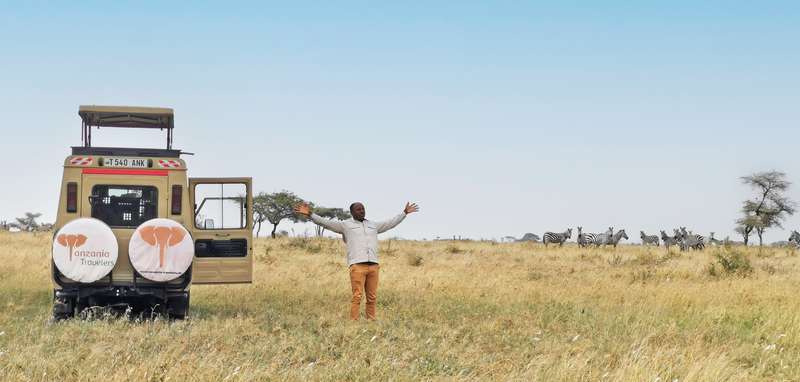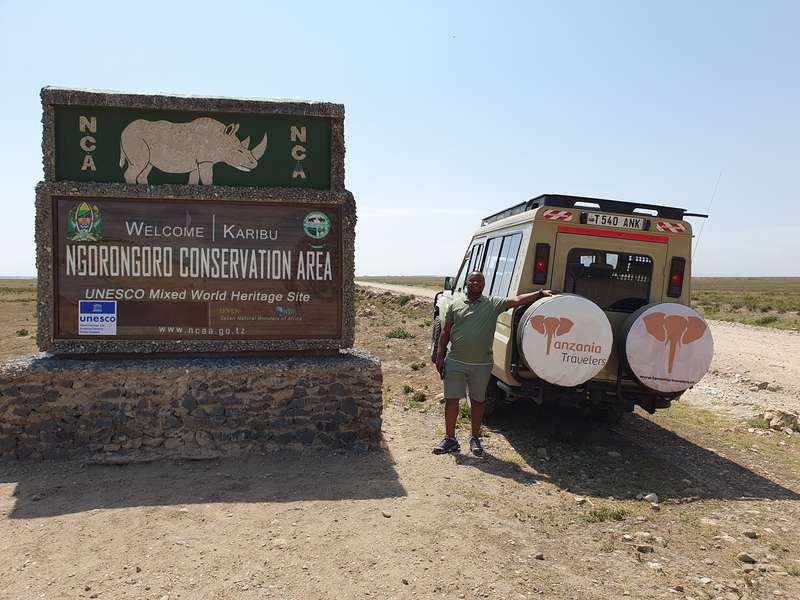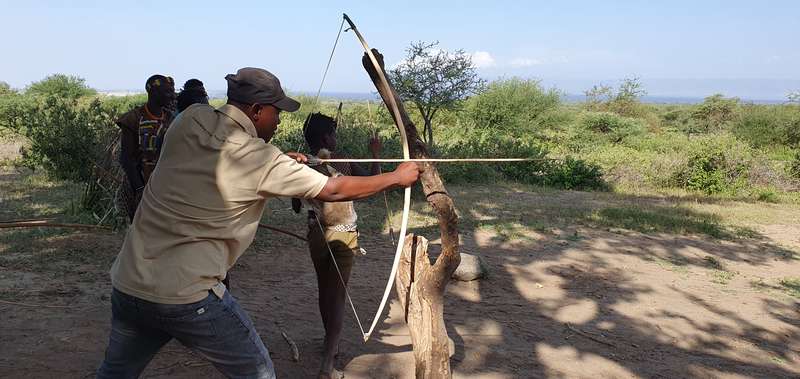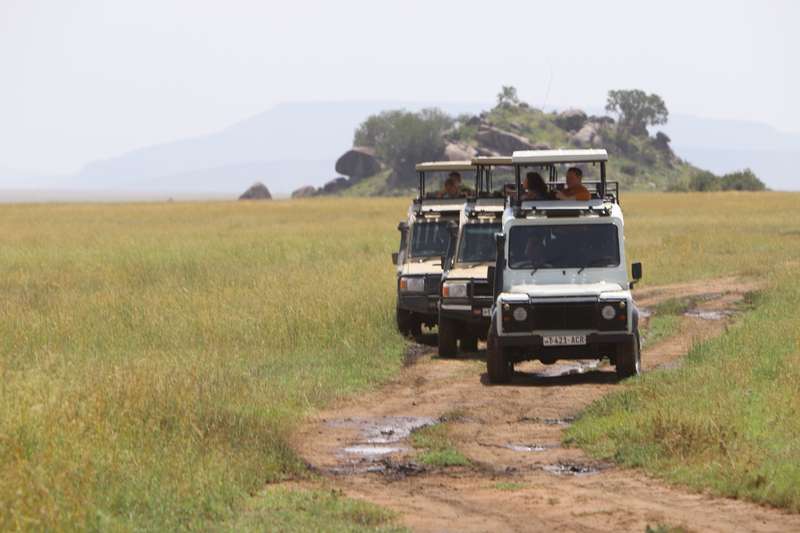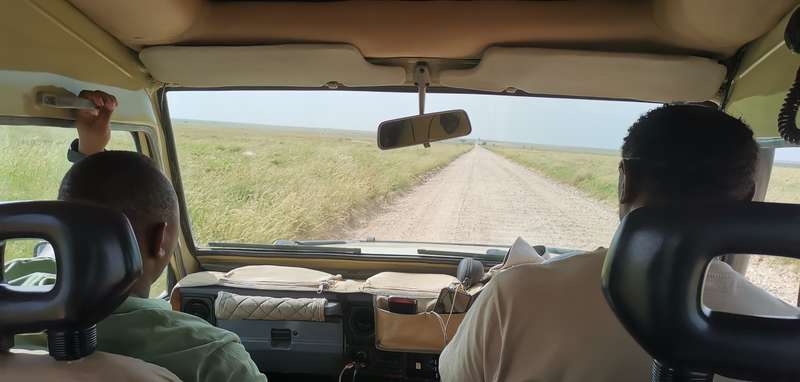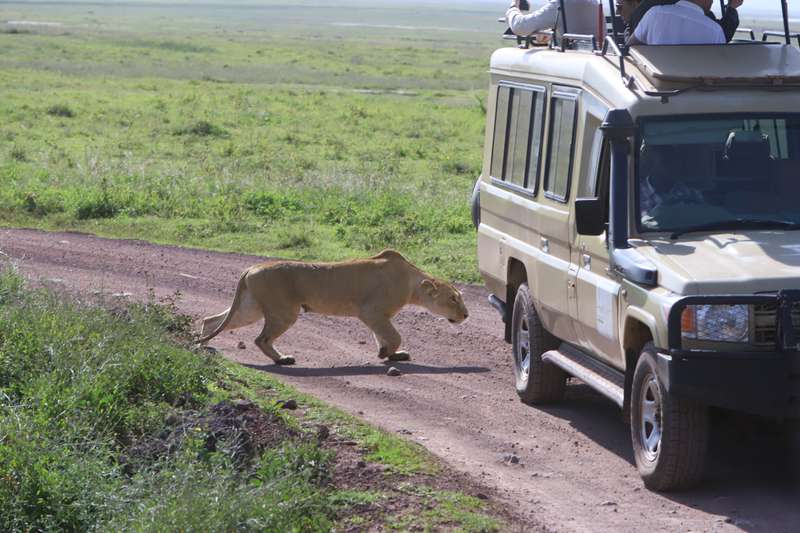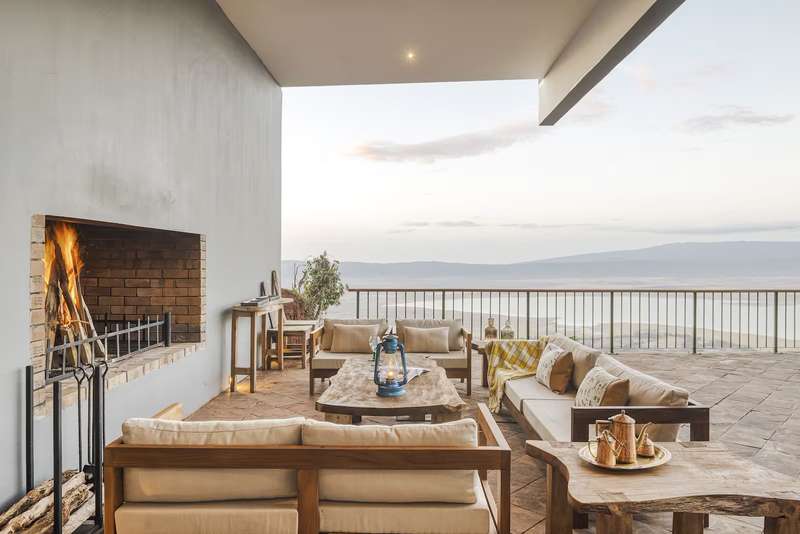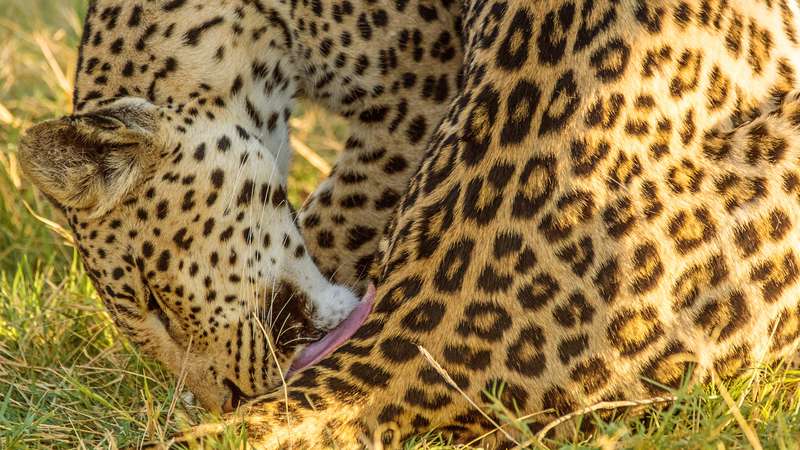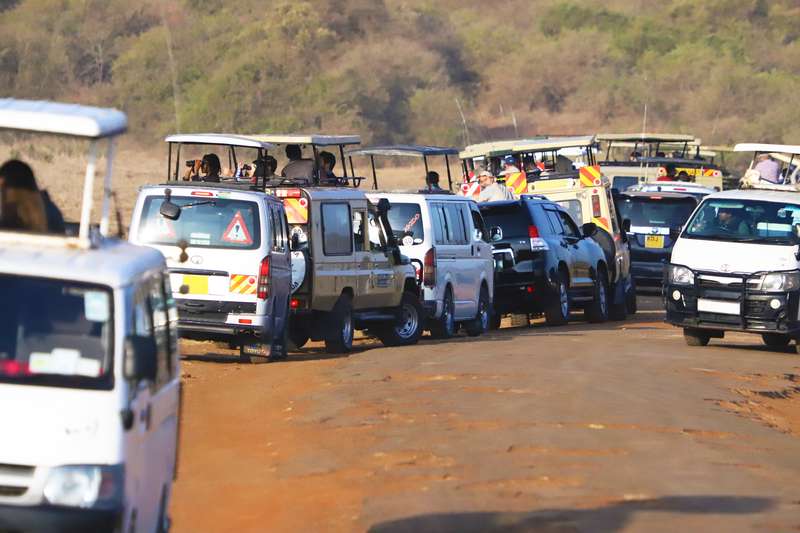Safari guide in Tanzania: dream job or harsh reality?
The breathtaking landscapes and abundant wildlife in Tanzania attract thousands of tourists every year. Safari guides play a crucial role in providing visitors with an unforgettable experience. But how does one actually become a professional safari guide, and what is life like for one in Tanzania? In this article, we take a look behind the scenes and shed light on the training, everyday working life and challenges of this fascinating profession.

The Safari Guide Training
Guide training in Tanzania consists of five steps and can lead up to a PhD, with most graduates leaving college with a certificate or diploma. Training takes place at various wildlife colleges in the country, with the largest being in Moshi, Arusha and Mwanza.
To work as a safari guide, applicants must first go through the Tanzanian school system, which consists of seven years of primary school and four years of secondary school. After secondary school, students can either go directly to a wildlife management college to earn the certificate, or attend a two-year high school and then enter the diploma programme directly. The language of instruction changes from Swahili in primary school to English from secondary school onwards.
The curriculum at the Wildlife College
At the Wildlife College, prospective guides learn a variety of subjects to gain a comprehensive knowledge of the animal and plant world, the history and culture of Tanzania, and how to deal with clients and vehicles. Some prospective guides also choose to learn additional languages at the Language College, such as German, French or Spanish, to increase their chances in the job market.
The cost of education varies depending on the college, with Mweka in Moshi considered the most expensive school. Here, students pay about USD 2,500 for the year up to the certificate and USD 3,000 for a year at diploma level. Funding is mostly provided by family support or by companies, which expect a commitment to work for a few years in return.
The trainee year and entry into the labour market
After completing the certificate or diploma, the prospective guides complete a one-year trainee programme, which is very often unpaid. During this time, they work closely with experienced guides and learn about the roads, animal behaviour, observation sites and accommodation. However, entering the labour market is difficult, as competition is high and especially beginners have little experience.
Most safari guides work as freelancers. Only a few are lucky enough to get a permanent job with big companies. Permanent guides enjoy a fixed salary, insurance cover and additional tips from tourists. Freelancers, on the other hand, live solely on tips and have neither health insurance nor a pension fund. Guides are on safari for an average of 20 days per month during the high season, while they often have difficulty finding assignments during the rainy season.
Reconciliation of work and family life
As safari guides are often away from home for long periods of time, this can put a strain on the family. Many guides make regular phone calls to their families to keep in touch and comfort their children.
Most safari guides love their job but reach their limits in old age due to the bumpy roads and physical demands. Some of them then seek alternative employment opportunities, such as managing safari companies, training new guides, or working on conservation projects. Employed guides usually work until the age of 60 and then retire. Freelancers, on the other hand, often have to work as long as they are physically able, as they have no pension fund. In many cases, the children support their parents in old age.
Tips for safari guides
Tips are an important source of income for safari guides, especially for freelancers. A guideline is about 10 to 15 USD per person per day. If clients do not tip, some tour operators compensate a part of the expected tip.
In a Nutshell
The profession of safari guiding in Tanzania is characterised by intensive training that imparts both theoretical and practical knowledge. Despite the challenges associated with the profession - such as the high level of competition, separation from family and the physical demands - many guides are passionate about their work and proud to present the beauty and diversity of Tanzania’s fauna and flora to their guests. Their love of nature and extensive knowledge make them indispensable companions on safaris and contribute greatly to the quality of the experience.

 English
English Deutsch
Deutsch
